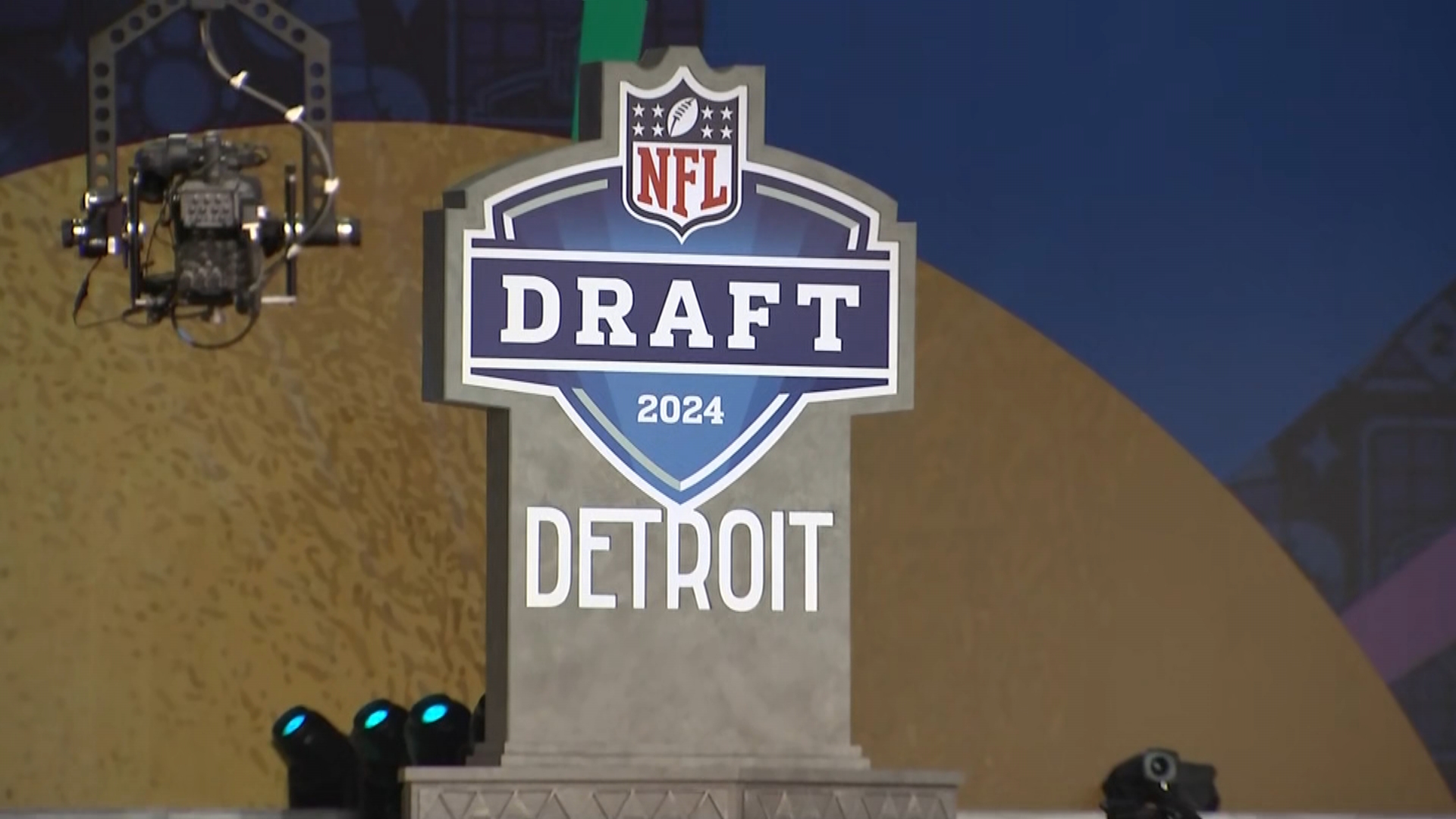A Kankakee County judge has ruled portions of the SAFE-T Act unconstitutional, putting a pause on the elimination of cash bail in most of Illinois.
Circuit Judge Thomas Cunnington ruled in favor of the plaintiffs in a lawsuit Thursday, specifically ruling bail reform and pre-trial release provisions in the Pre-Trial Fairness Act are unconstitutional. Specifically, Cunnington's ruling held that the SAFE-T Act violated the Separation of Powers Clause, the Victim Rights Act, and unconstitutionally amended Article I, Section 9 of the state's constitution, which codified cash bail in the state.
Cunnington heard arguments last week in lawsuits brought by several prosecutors and sheriffs around the state against the measure pushed by Democrats who control the Illinois General Assembly. The elimination of cash bail was set to take effect Jan. 1, but the implications of the ruling remain unclear.
According to a press release sent by Kankakee County State's Attorney Jim Rowe, one of the lead plaintiffs in the class-action suit, the bail portion of the law will not go into effect on Jan. 1 in the 65 counties that signed onto the complaint filed against the administration of Illinois Gov. J.B. Pritzker. Illinois Attorney General Kwame Raoul, however, said "it is important to note that it is not binding in any other case, including those involving criminal defendants in any of the state’s 102 counties."
Feeling out of the loop? We'll catch you up on the Chicago news you need to know. Sign up for the weekly Chicago Catch-Up newsletter here.
"Today’s ruling affirms that we are still a government of the people, and that the Constitutional protections afforded
to the citizens of Illinois – most importantly the right to exercise our voice with our vote – are inalienable," Rowe said in a statement.
Raoul said the state will appeal the ruling to the Illinois Supreme Court.
Local
"To definitively resolve this challenge to the pretrial release portions of the SAFE-T Act, Governor Pritzker, the legislative leaders named in the consolidated cases and I intend to appeal the circuit court’s decision directly to the Illinois Supreme Court, where we will ask the court to reverse the circuit court’s decision," he said in a statement.
Raoul also emphasized that other portions of the bill, including new requirements for body cameras and other police reforms, were allowed to stand under the terms of the court order.
Recent revisions to the controversial legislation were approved by the Illinois Senate and the House, and Pritzker's office announced he had signed the legislation earlier this month. The amendments focused largely on clarifying language on several fronts, including whether defendants detained prior to Jan. 1 will be released once the legislation goes into effect, and making clear which crimes would qualify for pretrial detention.
Illinois' Senate Democratic Caucus said the clarifications to the bill were made in "collaboration with law enforcement, states attorneys and other stakeholders."
The bill passed largely on a party-line vote in both chambers, with Republicans still voicing opposition to the final make-up of the legislation.
Pritzker called Cunnington's ruling a "setback for the principles we fought to protect through the passage of the SAFE-T Act."
"The General Assembly and advocates worked to replace an antiquated criminal justice system with a system rooted in equity and fairness," Pritzker said. "We cannot and should not defend a system that fails to keep people safe by allowing those who are a threat to their community the ability to simply buy their way out of jail. I thank the Attorney General for his work on this case and look forward to the Illinois Supreme Court taking up the appeal as soon as possible.”
House GOP Leader Jim Durkin praised the ruling, saying it was a victory for victims of crime and for law enforcement.
“Today’s ruling is a victory for the often neglected victims of crime and the men and women of law enforcement who wear the badge every day. Legislation of this magnitude must not only be judged on substance, but also on process. In that regard, the Illinois Democrats failed Illinoisans," he said.
Durkin argued that the bill was "one-sided," and called for "transparent and substantive negotiations" in future legislation.
Rowe argued the law was too broad to meet so-called “single subject rule “of the Illinois Constitution. He said it also violated a constitutional provision that says “all persons shall be bailable by sufficient sureties,” insisting that Illinois judges should be allowed to set cash bail.
“The legislature, again, has put their hands on your gavel,” Rowe told Cunnington.



